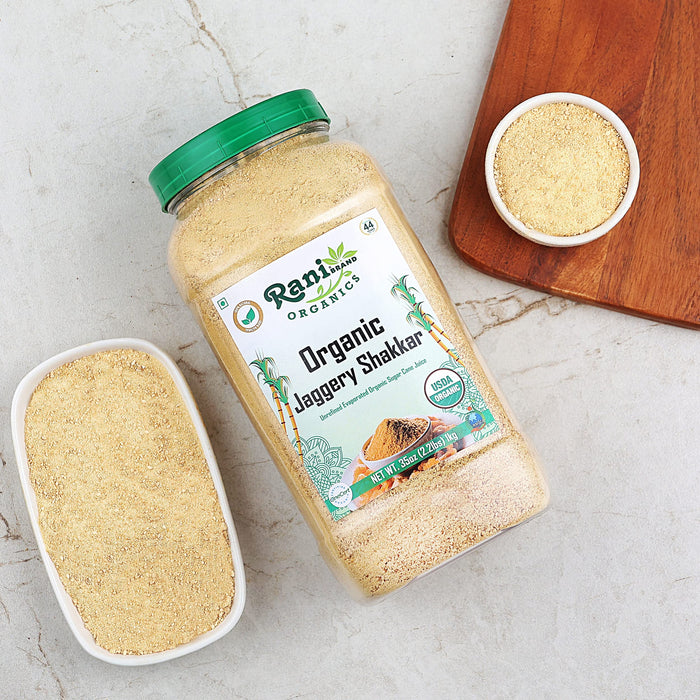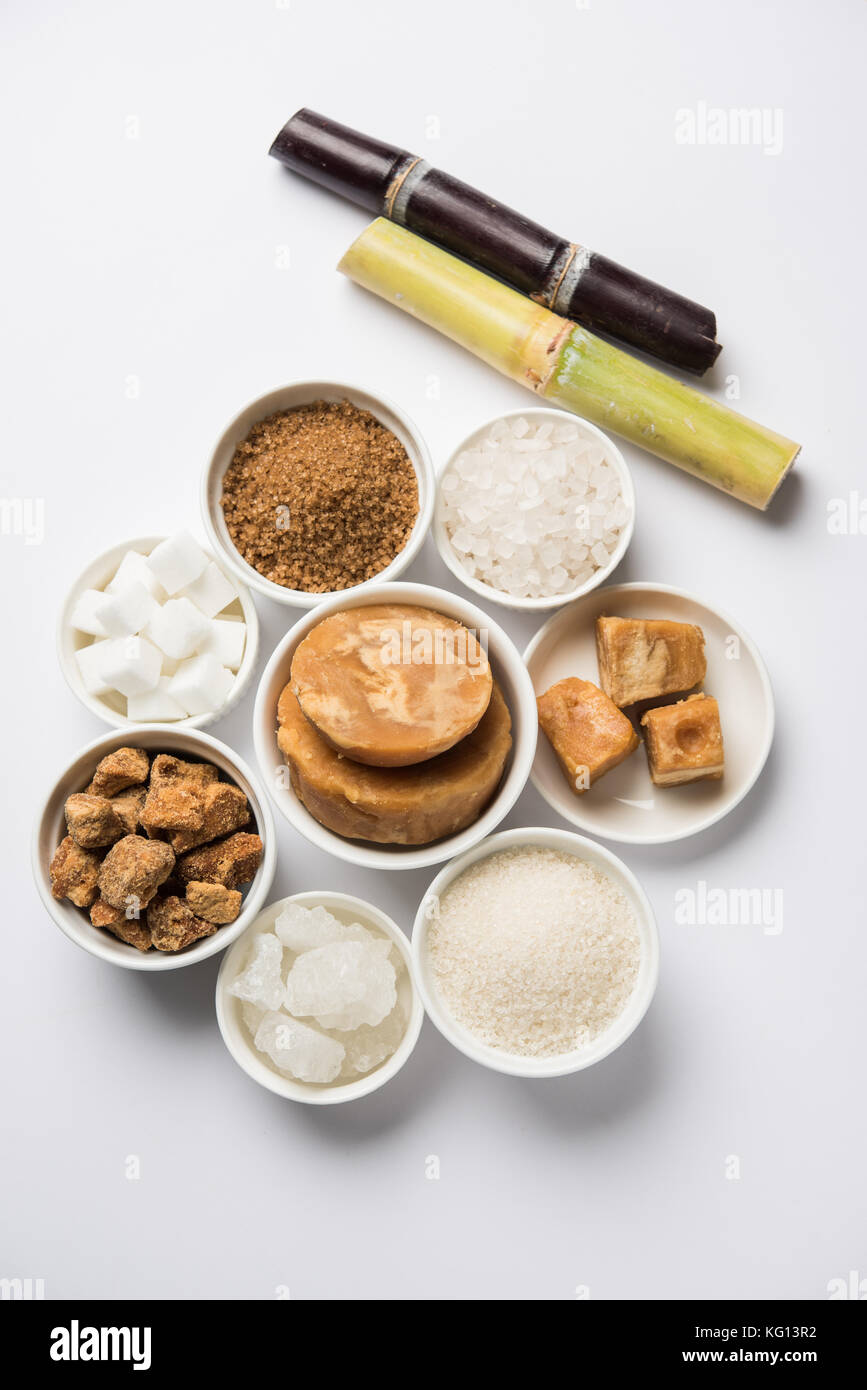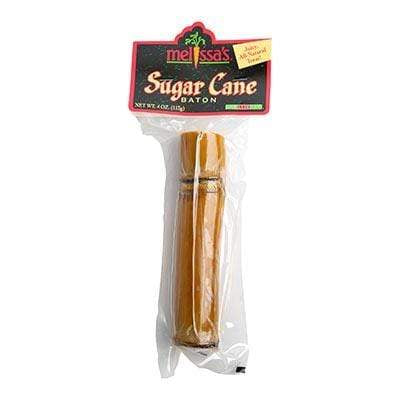Lasting Sugarcane Products: From Sweeteners to Eco-Friendly Item
The capacity of lasting sugarcane products expands past standard sweeteners to include a variety of environment-friendly products, providing an engaging instance for their assimilation into modern customer methods - sugarcane product. As the globe faces pressing ecological concerns, sugarcane becomes a functional source with the ability of addressing both nutritional demands and sustainability goals. This discussion will certainly discover exactly how developments in sugarcane farming and processing can result in substantial developments in biodegradable product packaging and eco-conscious fabrics. What ramifications might these advancements have for future consumer options and ecological impact?
Review of Sugarcane Sustainability
As the need for eco-friendly items expands, recognizing sugarcane sustainability becomes significantly vital. Sugarcane, a flexible crop, is cultivated largely in tropical and subtropical regions, and its sustainability is important for both ecological health and wellness and financial stability. Lasting sugarcane farming techniques concentrate on minimizing ecological effect while making the most of performance and profitability.
Key elements of sugarcane sustainability include effective land usage, decreased chemical input, and boosted water monitoring. Practices such as crop turning, integrated parasite management, and natural fertilization add to soil health and wellness and biodiversity. In addition, innovative modern technologies, such as precision agriculture, aid enhance resource usage and decrease waste.
Additionally, sugarcane is an eco-friendly source, with spin-offs that can be utilized in various industries, from biofuels to naturally degradable plastics, thus decreasing dependence on nonrenewable fuel sources and reducing carbon footprints. Qualifications like the Bonsucro conventional urge lasting techniques throughout the supply chain, promoting openness and liability.

Sugarcane-Based Sweeteners
Utilizing sugarcane as a key source, sugarcane-based sweeteners have actually gained prestige as natural options to polished sugars and fabricated sweeteners (sugarcane product). These sugar, derived from the removal and processing of sugarcane juice, use a series of items that satisfy diverse customer choices, consisting of organic and minimally processed choices
Raw walking stick sugar keeps even more of the natural tastes and nutrients located in sugarcane, making it a favored choice for health-conscious consumers. Panela, a typical Latin American sweetener, is generated by vaporizing sugarcane juice, preserving its natural minerals and vitamins.
The growing demand for sugarcane-based sugar is driven by enhancing recognition of health and wellness and sustainability concerns related to conventional sugar. By picking sugarcane-derived products, consumers not just sustain sustainable agricultural methods yet also contribute to a much healthier way of living, straightening their dietary choices with their environmental worths.
Eco-friendly Packaging Solutions
Becoming a feasible choice to conventional plastics, biodegradable packaging services stemmed from sugarcane are changing the product packaging industry. These innovative materials offer an eco-friendly alternative that deals with the expanding concerns over plastic contamination. Using the all-natural sugars discovered in sugarcane, suppliers are creating numerous kinds of eco-friendly product packaging, including films, containers, and wraps that break down a lot more quickly than standard plastics.
The key advantages of sugarcane-based packaging lie in its renewable sourcing and its ability to break down right into safe by-products. Unlike fossil fuel-derived plastics, which can continue the environment for hundreds of years, sugarcane product packaging normally breaks down within a few months under proper conditions. This reduction in waste not just minimizes land fill overflow however likewise decreases the carbon footprint linked with product packaging materials.
Furthermore, sugarcane-derived product packaging preserves robust performance qualities, providing comparable sturdiness and performance to standard alternatives. As services and consumers increasingly focus on sustainability, the adoption of eco-friendly packaging solutions stands for a significant step in the direction of a circular economic situation, where products are reused and restored rather than thrown out. This shift not just improves brand name image yet likewise adds to a more lasting future for the planet.
Eco-Friendly Textiles and Fabrics
Eco-friendly fabrics and fabrics are getting grip in the fashion and home items industries as customers increasingly demand lasting alternatives to standard products. Among the significant options are materials originated from sugarcane, which provide an eco accountable choice to artificial fibers. These textiles are created via a process that uses the eco-friendly sources found in sugarcane, dramatically reducing reliance on petroleum-based products.

Brand names are significantly incorporating environmentally friendly textiles into their product lines, showing a wider dedication to sustainability. This change is not just a fad yet an essential evolution in response to environmental concerns. As the market for sustainable fabrics increases, customers can eagerly anticipate cutting-edge layouts that combine style with eco-friendly duty. Inevitably, green fabrics and materials stand for a considerable step toward lowering the fashion business's environmental impact while satisfying the growing demand for responsible consumer choices.
Innovations in Lasting Farming
Revolutionizing farming practices, advancements in lasting farming are transforming the method plants are grown and handled. These innovations focus on lessening ecological impact while optimizing efficiency and productivity.

Additionally, agroecology, which incorporates eco-friendly principles into farming, promotes biodiversity and soil health and wellness. Practices such as plant turning, cover chopping, and intercropping foster resistant ecosystems that can endure insects and climate variations - sugarcane product. Furthermore, using natural plant foods and biopesticides adds to much healthier dirts and ecological communities

Together, these developments are not only improving the farming landscape yet additionally adding to an extra sustainable future for sugarcane and other plants, straightening farming exercise with environmental stewardship.
Conclusion
Lasting sugarcane products represent a substantial improvement in green options, extending from all-natural sweeteners to read the full info here naturally degradable items. As consumer choices progressively lean towards lasting options, the versatility of sugarcane as an eco-friendly source becomes significantly relevant.
The possibility Continued of sustainable sugarcane items expands past standard sugar to incorporate a range of eco-friendly goods, providing an engaging instance for their integration into contemporary customer techniques. Sustainable sugarcane farming methods concentrate on minimizing ecological influence while making the most of productivity and profitability.
Lasting sugarcane products stand for a significant advancement in environment-friendly choices, spanning from natural sweeteners to biodegradable goods. The cultivation of sugarcane through sustainable practices not only enhances environmental health but also contributes to economic viability. As consumer choices significantly lean in the direction of lasting alternatives, the adaptability of sugarcane as an eco-friendly source ends up being significantly pertinent.